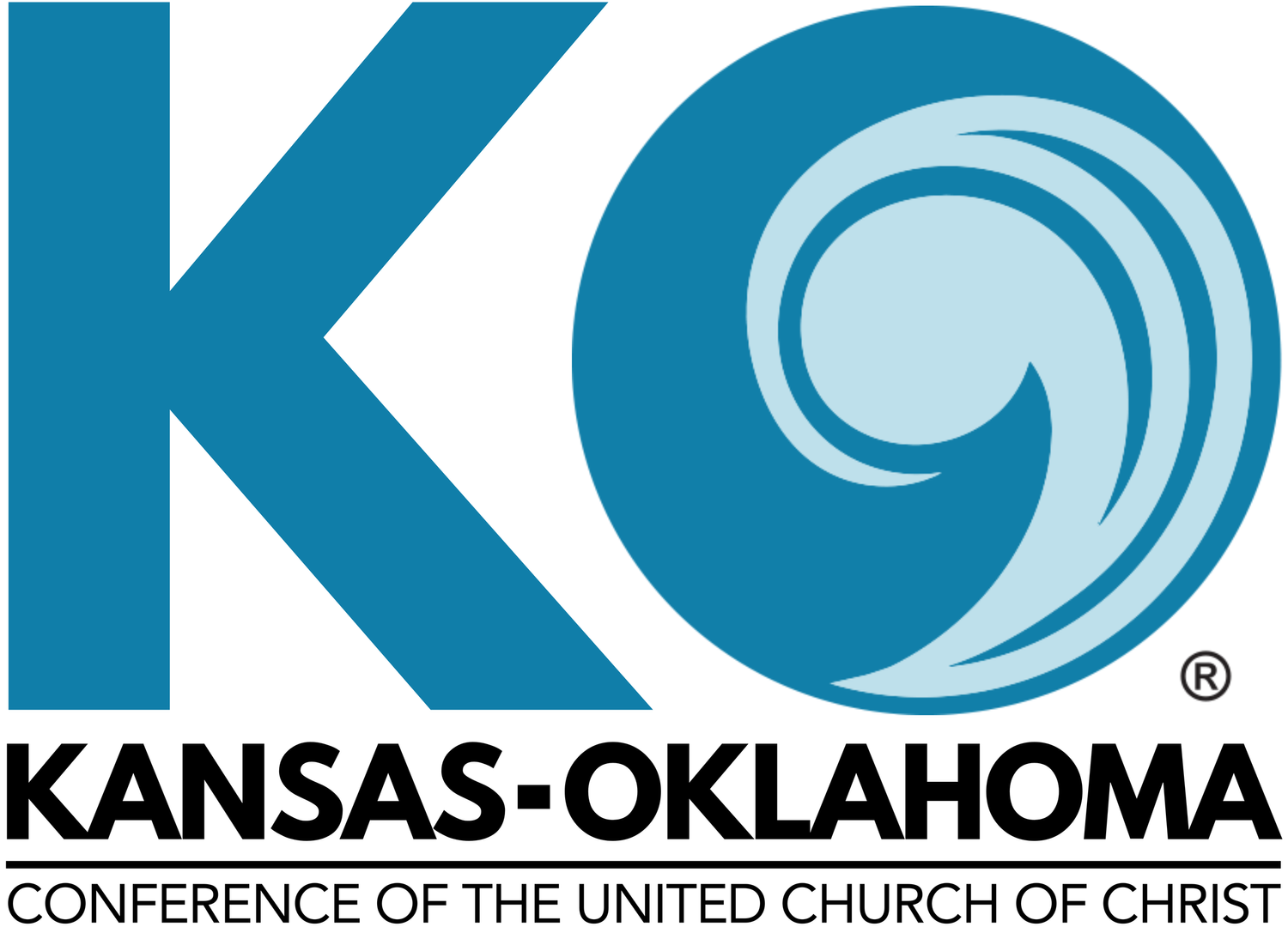KO Clergy Newsletter - January 2024
Lots of good information in this installment of the clergy newsletter, so please read through! Be sure to read the final section carefully, as it is an important clarification about requirements for standing.
Most important: click here to complete your Annual Information Review, due February 1, 2023. Let's just get this done before Lent, folks!
The shorter days and extra busyness of this season can be hard on clergy. Don't forget that mental health funds are available for counseling and other mental health resources. You can contact Lorraine directly and confidentially; or for an added layer of privacy, you can design a program or service through Midwest Ministry Development. Contact Jean Baro (jbarommds@gmail.com or 708-343-6268) to pursue this option. Lorraine will receive your name (to confirm standing) and an invoice for up to $1000 of your program cost, but otherwise we receive no further details.
A Fresh Start for Pastor-Church Relationships: One of the most common resources requested of Conference staff and Committees on Ministry is help with a Pastor-Parish Relations Committee (also sometimes called Pastoral Relations, Pastoral support, or sometimes even a default "Human Resources" title, even though that's not exactly the right role). If you are looking for a way to reorient or reenergize your current committee, or if you've been meaning to get something like this off the ground, Rev. Tara Barber from the MESA team will be offering an excellent webinar on Wednesday January 31, 2:00-4:00 p.m. CT (click here to register).
Registration is now open for the 2024 UCC Clergywomen Leadership Event. “Weaving our Tapestry” takes place April 16-18, 2024 in Charleston, SC, with the 2023 Antoinette Brown Awardees as the keynote presenters. This event is open to all authorized UCC Clergywomen.
Clarifying Expectations for Standing: Anti-Racism Training
With the introduction of a new Manual on Ministry in 2018, anti-racism and diversity training was included as a new cyclical requirement for ministerial standing, intended to fall within the broader continuing education requirements of any Association or Conference. However, KO took an innovative approach to introducing this new topic, combining it with boundary awareness training for the first cycle to help introduce it to all of our authorized ministers.
Now that we are through our first cycle of this training, we will revert to two separate expectations. Boundary awareness training (BAT) will continue on a three-year cycle, with opportunities being shared for remote and in-person options through the Conference. As always, please be sure you are enrolled in a course approved by COM before you register for anything not offered by our Conference.
In 2023, COM-A voted to confirm and clarify, in accordance with the new Manual on Ministry, an expectation that anti-bias training will be completed every four years, in part to avoid confusion with BAT every three years. This is not an additional requirement. Anti-bias training includes anti-racism training, which will likely continue to be the primary focus of the trainings we offer and promote as a Conference. Systemic racism continues to be a predominant justice issue in our culture. However, we recognize that in some ministry settings, other bias issues like ableism, queerphobia, and sexism are also significant. Continuing education opportunities that address this wider context of bias are also appropriate. We are also sensitive to the need for clergy who are People of Color to have access to anti-bias training that is particular to their identities and experiences.
We already have an expectation of 12 hours of continuing education annually, so the idea is that, at least once every four years (more is excellent!), a portion (or all) of that 12-hour requirement will be fulfilled by some kind of anti-bias training, for which there are a wide variety of offerings available. As with BAT, please be sure a program is approved by COM to apply to this requirement before you enroll. We will periodically share remote and in-person offerings on this topic, possibly including workshops at Annual Meeting.
As we have learned from our first cycle of anti-racism training, this isn't the kind of teaching that's once-and-done. All forms of anti-bias education represent a life-long commitment to honing awareness and vigilance about our own unconscious bias, and understanding of how to identify and dismantle systemic barriers. The work has to be done in community, so it makes sense that the learning also has to be done in community. We recognize that in 21st-Century America, faithfulness to our mission of Extending Extravagant Welcome and Sharing a Vision of God's Justice means that our clergy, our ministry settings, and our wider church are all partners in overcoming bias and bigotry, fear and hatred, as we strive to exemplify Jesus' call to love one another – Every. Single. Other. It's a joy to pursue this journey together with such an excellent and dedicated group of colleagues.
As always, we are here to offer support, clarification, or simply a listening ear.
Rev. Lorraine Ceniceros, Conference Minister
Rev. Rachael Pryor, Associate Conference Minister
Jason Stephenson, Chair of Committee on Ministry, Subsection for Authorization
Rev. Sheri Curry, Chair of Committee on Ministry, Subsection for Discernment

